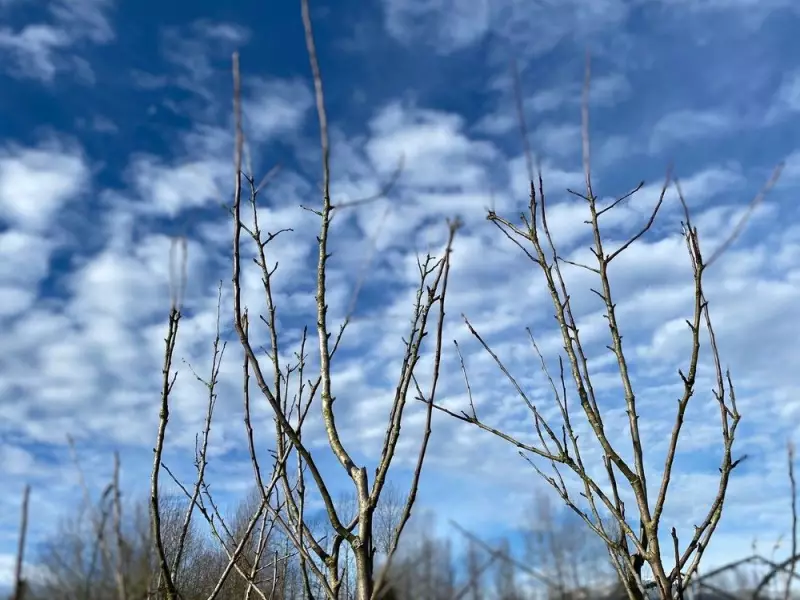
As Canadian winters approach with their characteristic intensity, gardeners face the annual challenge of protecting their precious plants from the deep freeze. The secret to success lies not in last-minute scrambling, but in strategic preparation before temperatures plummet.
Timing is Everything: When to Begin Winter Preparations
The most critical factor in winter plant protection is timing. Experts emphasize that preparation should begin well before the first hard frost arrives. "The key is to act proactively, not reactively," says veteran horticulturist Brian Minter. "Once plants are frozen, the damage is often irreversible."
Essential Winter Protection Strategies
Mulching: Nature's Insulating Blanket
Applying a generous layer of mulch around plant bases serves as natural insulation, protecting roots from temperature extremes. Organic materials like straw, leaves, or bark chips work exceptionally well, creating a protective barrier that regulates soil temperature and moisture levels.
Container Plant Protection
Potted plants face particular vulnerability during winter months. For container gardens, consider these protective measures:
- Move containers against sheltered walls or into unheated garages
- Wrap pots in bubble wrap or burlap for extra insulation
- Group containers together to create microclimates
- Elevate pots slightly to prevent freezing to surfaces
Strategic Watering Before Freeze
Proper hydration is crucial for winter survival. Well-hydrated plants withstand cold stress much better than dehydrated ones. Water deeply before the ground freezes, but avoid waterlogging, which can be equally damaging.
Plant-Specific Protection Techniques
Tender Perennials and Delicate Shrubs
More sensitive plants require extra attention. Consider using frost cloths, cloches, or building temporary cold frames. For particularly vulnerable specimens, wrapping stems and crowns with protective materials can mean the difference between survival and loss.
Tree and Shrub Care
Young trees benefit from trunk wrapping to prevent sunscald and frost cracks. Anti-desiccant sprays can help broadleaf evergreens retain moisture during dry, windy winter conditions.
The Vancouver Advantage: Mild Winter Considerations
While Vancouver enjoys relatively mild winters compared to other Canadian regions, sudden cold snaps can still devastate unprepared gardens. The coastal climate means wet conditions combined with cold pose unique challenges, making proper drainage and air circulation equally important as temperature protection.
Spring Success Starts in Fall
The effort you invest in autumn preparation directly correlates with your garden's spring revival. Properly winterized plants emerge healthier, bloom more vigorously, and establish stronger growth patterns. Remember that different plant species have varying cold tolerance levels, so tailor your approach accordingly.
By implementing these straightforward protective measures before the deep cold sets in, you can confidently face winter knowing your garden will not only survive but will be positioned for spectacular growth when warmer temperatures return.





